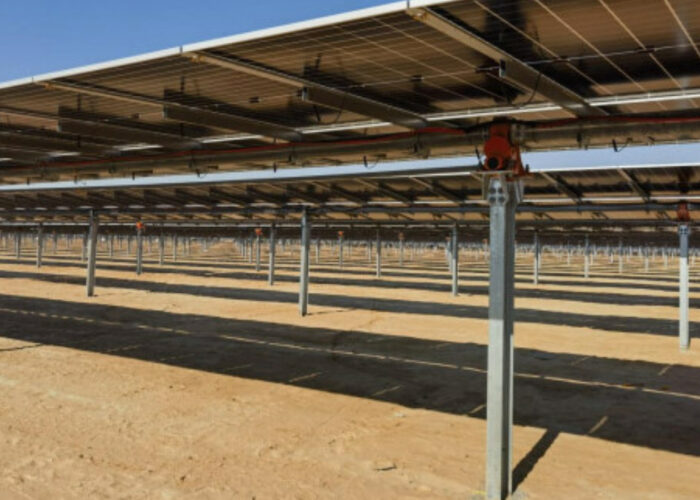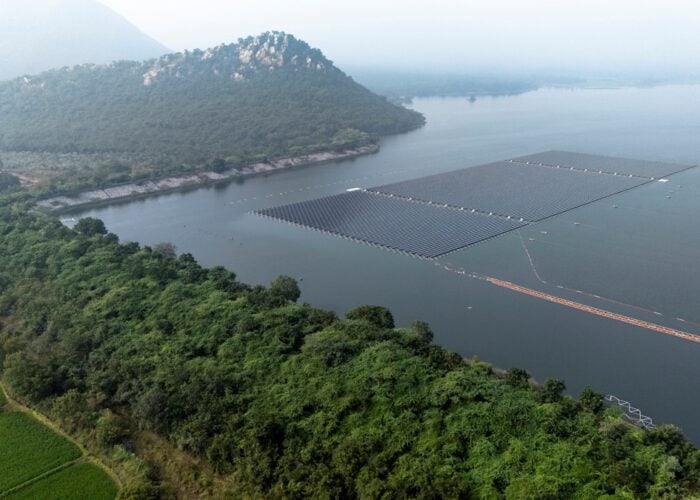Brazil’s national development bank, BNDES, has released details of the new local content requirements solar projects must fulfil to access finance.
BNDES announced yesterday the conditions for solar developers who win bids in the upcoming reserve (LER) auction’s solar-only category.
Try Premium for just $1
- Full premium access for the first month at only $1
- Converts to an annual rate after 30 days unless cancelled
- Cancel anytime during the trial period
Premium Benefits
- Expert industry analysis and interviews
- Digital access to PV Tech Power journal
- Exclusive event discounts
Or get the full Premium subscription right away
Or continue reading this article for free
The conditions are to help create a national production chain for domestic PV manufacturing in Brazil. BNDES said in a statement yesterday that the aim of the funding is to “seize the opportunity” presented by the solar auction to kick start a domestic PV supply chain.
The LER auction is to be held on 31 October, and is the first time that national energy auctions have allowed solar to have its own section of the auction.
Only solar projects that meet the BNDES criteria for domestic content will be funded by the bank. Solar projects must have registered for the BNDES’ accreditation of PV equipment prior to bidding to be awarded funding. The register was launched this month.
The rules set a number of different requirements that must be met for different components of a solar module and system. These will gradually be ramped up to 2020, after which a blanket 60% local requirement will be in place for modules.
LER auction winners must also have their headquarters and administration located in Brazil, although they can be controlled by foreign entities.
Projects using locally sourced content will be able to access finance from the BNDES and Brazil’s climate fund.
From the BNDES, finance will be available for up 65% of the value of a module, from the climate fund, 15%. In both cases, the more locally sourced content, the more finance will be available.
The climate fund has a current annual budget of BR560 million (US$245 million) for funding projects that mitigate climate change, out of this BR200 million (US$87.7 million) has been made available to fund domestic companies.
The local content policies have been modelled on the success of Brazil’s wind energy deployment and domestic manufacturing industry.
Brazil’s domestic content solar funding was announced by two officials at the end July, as previously reported.
Brazil is expecting a wave of solar developments at the upcoming auctions, with more than 400 applicants already registered. Solar has gained greater political attention as a possible measure to help combat a drought that has hit Brazil’s hydro-power resources.






